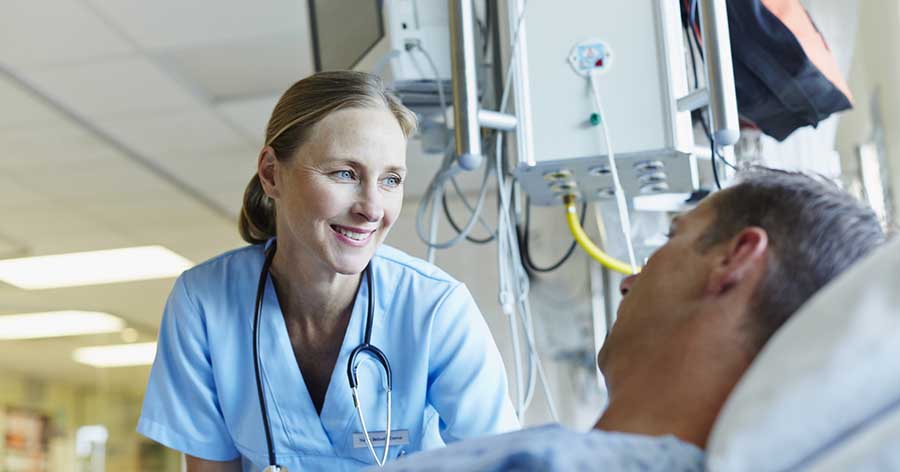There is one thing for sure: love it or hate it, technology in diabetes is here to stay. Indeed, it could be argued that many developments, such as insulin pump therapy, continuous glucose monitoring and the Freestyle Libre blood glucose monitoring system are all just par for the course; diabetes care is being modernised.
Today people with diabetes have information at their fingertips and are more product and technology savvy than ever before. Understandably any equipment, gadget or medication perceived to make diabetes management easier and achieve those ever-elusive glycaemic targets is desired; usually with the expectation that the NHS will provide.
Financial barriers
Of course, the number one obstacle to overcome before any innovative technology is introduced into routine practice is the financial implications. Indeed, the NHS accountants must weep when they see the hefty price tags associated with some of these modern technologies.
We are led to believe that all care should centre around the individual’s needs, which in an ideal world is true. But old cynics like me, would argue that this often not the case. Let’s just take the hullabaloo over insulin pump therapy and the introduction of the long-acting analogues as cases in point. The reality of introducing innovative technology into clinical practice is often cruel, with strict rationing the norm. Regrettably, the very people who usually take the flak are the front-line staff. Very unfortunate, given that these professionals are the very ones who can see the clinical value of the product in question, yet have little influence if any over the initial decision-making process.
We all know that there has never been a magic NHS money tree; however, often the people at the helm of funding technologies are not necessarily experts in the field of diabetes or indeed come from a clinical background. Thus, these “captains of finance” often do not appreciate the true clinical value of some of the newer technologies and, as for the patients’ views, they are brushed aside.
Given that 80% of the total NHS diabetes budget is spent on managing the complications of diabetes (Diabetes UK, 2014), it could be argued that any system helping people to make managing their diabetes easier should be funded. As the usual debate goes, if glycaemic targets are achieved, then the long-term complications and hospital admissions associated with diabetes will be less, resulting in a cost saving for the NHS. But there is a snag: within the NHS, there is often no joined-up thinking, given that the various budget holders are far too preoccupied achieving their own short-term monetary targets, rather than looking at the broader long-term picture.
Clinical commissioning groups
One of the many roles of NICE was to introduce best practice based on robust evidence. To ensure equity of access to treatment, Clinical Commissioning Groups (CCGs) are obligated to follow NICE recommendations; however, in the current cash-strapped times, it is evident that some CCGs are “bending the rules”, thus perpetuating a postcode lottery!
Indeed, one could argue that the Freestyle Libre is the latest victim, stuck in a funding “spiders web”. Looking from the perspective of the person with diabetes, what could be better? A quick, much less invasive, discreet form of blood glucose monitoring, which allows frequent testing and effectively makes keeping a paper record redundant. And for professionals, it opens up a whole new world of capturing information to help people manage their diabetes. All the CCG sees is an annual cost of £1,526.02 per patient (NICE, 2017). How can this be justified?
Staff training and workload implications
There are also many implications for clinical practice when introducing innovative technologies. Staff training must be considered, workload implications explored and adequate IT facilities with clinical governance compliance that allows external programmes, downloads or devices into NHS network computer system. Cyber- and data-security polices need to accept that many people want e-mail, Facebook and Twitter consultations. Longer consultations may be required to facilitate downloads and discussion. Structured education programmes will need to be developed and implemented for each new technology.
In today’s financial climate, the difficulty of introducing innovative technology into routine clinical practice cannot be underestimated; however, if specific management tools are of benefit, then we healthcare professionals must act as advocates for people with diabetes.
As for the Freestyle Libre system, I do see a glimmer of hope; sensors are now available on an FP10 prescription and if the sums are correctly done, then a monetary case can be made for individuals who intensively monitor.




Study provides new clues to why this condition is more aggressive in young children.
14 Nov 2025